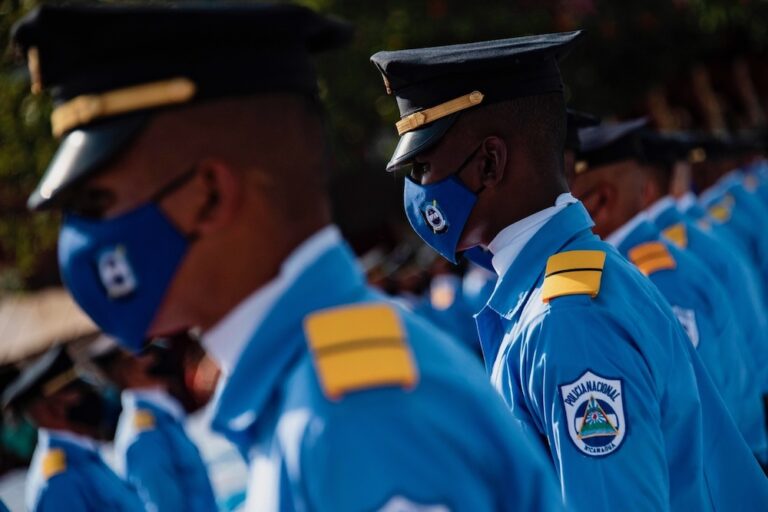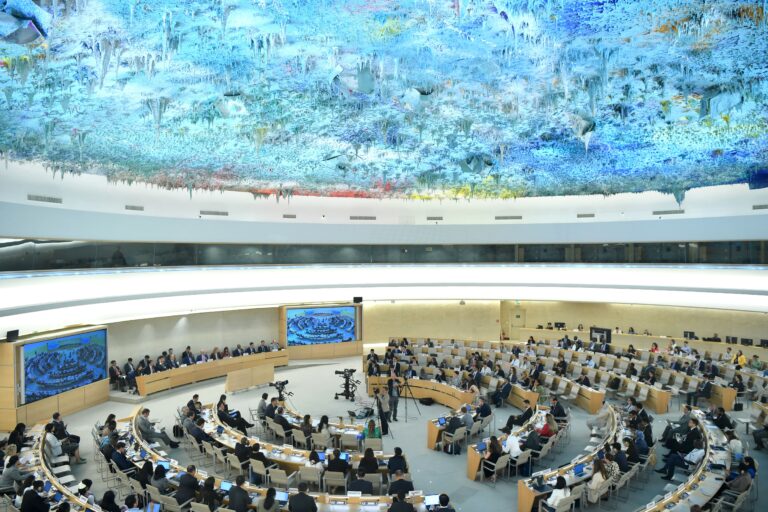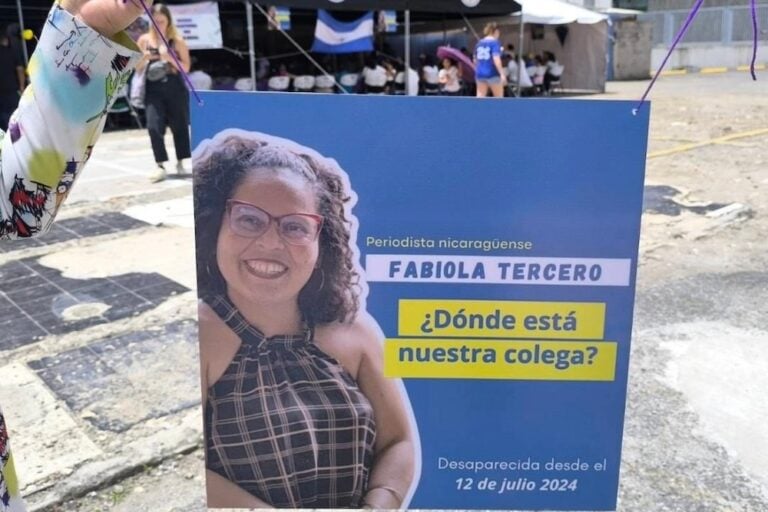According to the director of Canal 15 Condega TV, the station received threats in the past saying it would be bombed if it continued criticising the government.
(IAPA/IFEX) – Miami, January 27, 2011 – The Inter American Press Association (IAPA) expressed concern today at the censorship of a television channel in Nicaragua after the cable carrier cut it off, supposedly under pressure from the government. The IAPA called for “the immediate reinstatement of service.”
Cable broadcasts by Canal 15 Condega TV, located in the town of Pueblo Nuevo, Condega municipality, in the northern province of Estelí, were taken off air on January 17 by its carrier, Telecable de Condega. While the company claimed publicly that its decision was made in response to complaints by a cooperative claiming it was being affected negatively by reports aired on the channel, it later became known that one day before the removal of Canal 15 a fiber optic cable had been cut and a note had been found nearby that read: “We warned you, we didn’t want Canal 15 in Puerto Nuevo.”
According to information provided by Canal 15, the incident clearly shows the kind of intimidation and threats that it has been receiving from local officials belonging to the federal government party. Carlos Cerda Acuña, the channel’s director, said that it occasionally received threats in the past that its headquarters would be bombed if it continued criticizing the government.
IAPA President Gonzalo Marroquín, editor of the Guatemala City, Guatemala, newspaper Prensa Libre, declared, “Apart from whomever is responsible for this censorship, whether it is the cable carrier or, indirectly, the government, what is clear is that we are witnessing an obvious act against press freedom, a company’s right to its editorial position and the public’s right to information.”
Robert Rivard, chairman of the IAPA’s Committee on Freedom of the Press and Information and editor of the San Antonio Express-News, Texas, said that “these outrageous acts seek to create a climate of fear among the media and are a message designed to bring about self-censorship.”
Marroquín and Rivard said that the cable transmission “should be re-established immediately” and that if the cable company is being pressured by neighbors or officials it should be understood that conflicts are to be settled by the courts – not by a unilateral decision to censor.


